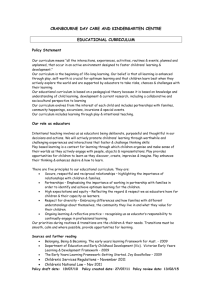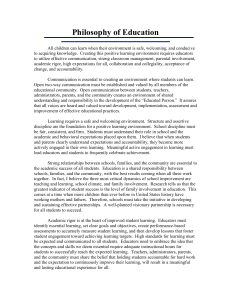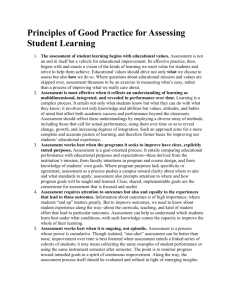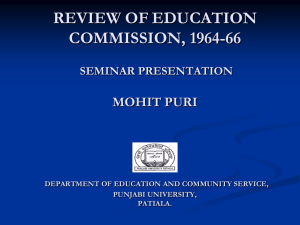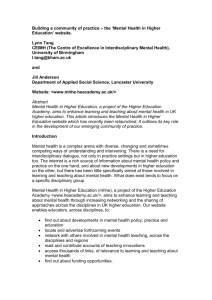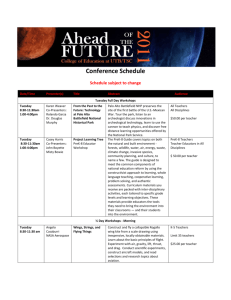Shift Questions To Consider K–12 science education reflects the
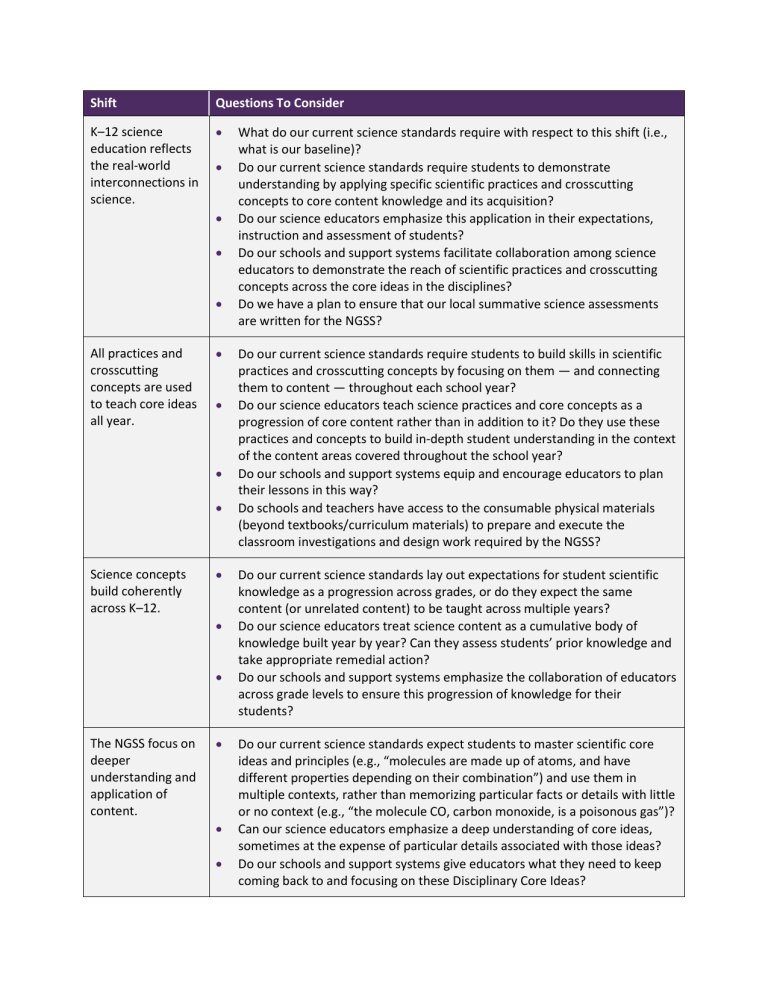
Shift
K–12 science education reflects the real-world interconnections in science.
Questions To Consider
What do our current science standards require with respect to this shift (i.e., what is our baseline)?
Do our current science standards require students to demonstrate understanding by applying specific scientific practices and crosscutting concepts to core content knowledge and its acquisition?
Do our science educators emphasize this application in their expectations, instruction and assessment of students?
Do our schools and support systems facilitate collaboration among science educators to demonstrate the reach of scientific practices and crosscutting
concepts across the core ideas in the disciplines?
Do we have a plan to ensure that our local summative science assessments are written for the NGSS?
All practices and crosscutting concepts are used to teach core ideas all year.
Science concepts build coherently across K–12.
Do our current science standards require students to build skills in scientific practices and crosscutting concepts by focusing on them — and connecting them to content — throughout each school year?
Do our science educators teach science practices and core concepts as a progression of core content rather than in addition to it? Do they use these practices and concepts to build in-depth student understanding in the context of the content areas covered throughout the school year?
Do our schools and support systems equip and encourage educators to plan their lessons in this way?
Do schools and teachers have access to the consumable physical materials
(beyond textbooks/curriculum materials) to prepare and execute the classroom investigations and design work required by the NGSS?
Do our current science standards lay out expectations for student scientific knowledge as a progression across grades, or do they expect the same content (or unrelated content) to be taught across multiple years?
Do our science educators treat science content as a cumulative body of knowledge built year by year? Can they assess students’ prior knowledge and take appropriate remedial action?
Do our schools and support systems emphasize the collaboration of educators across grade levels to ensure this progression of knowledge for their students?
The NGSS focus on deeper understanding and application of content.
Do our current science standards expect students to master scientific core ideas and principles (e.g., “molecules are made up of atoms, and have different properties depending on their combination”) and use them in multiple contexts, rather than memorizing particular facts or details with little or no context (e.g., “the molecule CO, carbon monoxide, is a poisonous gas”)?
Can our science educators emphasize a deep understanding of core ideas, sometimes at the expense of particular details associated with those ideas?
Do our schools and support systems give educators what they need to keep coming back to and focusing on these Disciplinary Core Ideas?
Science and engineering are integrated in science education from kindergarten through grade 12.
Do our current science standards require students to use engineering design ideas and practices alongside the traditional science disciplines from kindergarten through grade 12?
How comfortable are our current and candidate science educators with engineering design? Do they raise it to the same level as scientific inquiry as a core practice in science instruction? Do they give core ideas of engineering and technology equal weight with those in other disciplines?
Do our schools and support systems prepare our educators to teach engineering design and the core ideas of engineering and technology? Is this reflected in policy/funding for course offerings and their content?
Science standards coordinate with the
CCSS in English language arts/ literacy and mathematics.
Are our current and candidate science teachers aware of and knowledgeable about the CCSS?
Do our schools and support systems allow and encourage collaboration across scientific and nonscientific disciplines in the teaching of literacy, numeracy and science?

